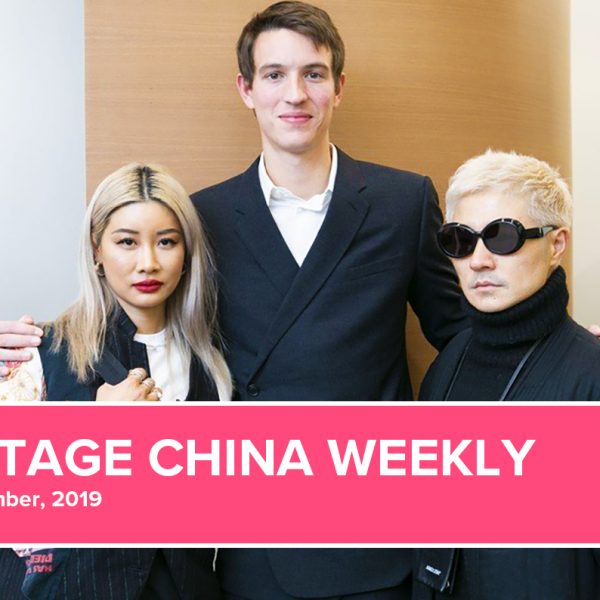
Luxury Brands Want To Attract Chinese Consumers. But Why Do They Keep Getting It So Wrong?
A major first step for any brand seeking success in a particular market is to know that market. Between a U.S.-China trade war and anti-government protests in Hong Kong stoking tensions between Beijing and the city, companies seeking to attract shoppers in the mainland’s thriving luxury goods market must be particularly vigilant. Now is an exceptionally bad time to trip up.
Read the complete article by Isabel Togoh at Forbes.
How Costco scored with its Shanghai Debut while other Luxury Retailers Failed
On August 27, the first Costco in mainland China opened in Shanghai. Thanks to a savvy social media push reminding consumers about the imminent store opening and large discounts, there was a frenzy for items ranging from designer handbags to liquor and shoes, in stark contrast to declining sales at rivals Carrefour and Walmart stores that are fast losing out to the onslaught of online shopping.
Read the complete article by Xie Yu and Daniel Ren at South China Morning Post.
Tiffany & Co. says Hong Kong Protests are Hurting the Business
Tiffany & Co. said during its Wednesday earnings call that the ongoing protests in Hong Kong are having an impact on its business, driving mixed results during the second quarter. Sales fell 3% to $1.05 billion. Hong Kong was its fourth largest market, by sales, for the period. The top three were the U.S., Japan and mainland China.
Read the complete article by Tonya Garcia at MarketWatch.
Could Chinese pop star Jane Zhang save US’s falling tourism numbers?
Chinese pop star Jane Zhang will front Brand USA’s biggest ever campaign on China’s Twitter-like social media platform Weibo next month, as it attempts to turn around a drop in Chinese tourists during the trade war. Brand USA, which markets the United States as a travel destination, hopes the move will lead some of her 42 mil. Weibo followers to visit after a year marked by falling Chinese tourist numbers that has alarmed hoteliers and retailers.
Read the complete article by Reuters at South China Morning Post.
Helsinski Launches App for Travelers on WeChat Developed by Tencent and Whim
Chinese travelling to Helsinki will now be able to use WeChat mobile service to review local recommendations about the best restaurants, shopping, events and sights in and around the capital of Finland. They can also plan their commute from their hotel to the attraction of their choice, and pay for transportation, purchase travel tickets – all within one mobile service.
Read the complete article by Staff at Entrepreneur.
China’s Wine Market Looks “Corked” for Importers and Retailers in 2019
After well over a decade of unbridled optimism, China’s wine market appears to be facing a much more uncertain road ahead. According to a recent piece by Jim Boyce, the 9 percent slide in demand for bottled imports in 2018 has continued into this year, with imports down 14 percent by volume and 20 percent by value in the first six months of 2019.
Read the complete article by Avery Booker at Jing Daily.
Pinduoduo expands to Tier 1 Cities
When Pinduoduo went IPO in July 2018, there were concerns about whether the platform could maintain its meteoric growth. One year later, Pinduoduo has shown significant signs of strength and is expanding to new markets. The Gross Merchandise Volume (GMV) of Pinduoduo has been growing at an impressive 178% YOY rate. Their number of active buyers increased by 41% YOY from 344 to 483 million. In comparison, JD only experienced a 3% YOY increase in MAU.
Read the complete article by Thomas Graziani at WalkTheChat.



